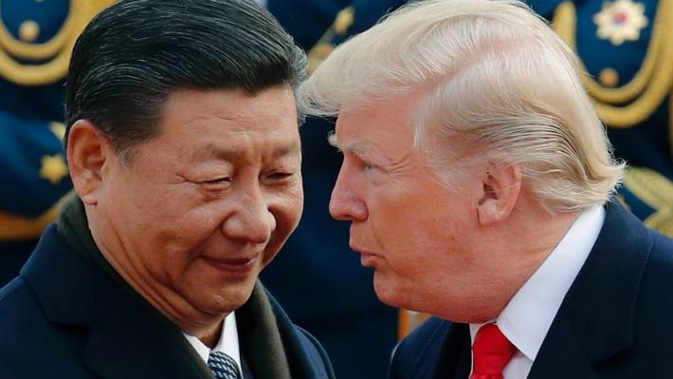Finally, Xi faces a test regarding President Donald Trump.
Whatever one thinks of Trump's trade-war goals, his tactics appear to have left him at Xi's mercy. The Chinese people - 60 per cent of whom spend less than US$10 ($15.59) a day - are far more accustomed to economic pain than Trump's Americans, and they have no meaningful right to vote. So Xi can probably afford to absorb the economic pain necessary to push the trade war past Election Day. This would greatly increase the chance of a recession in 2020 and damage the American president's chance of reelection.
On the other hand, Xi also has the power to make a few token concessions that would allow Trump to claim victory in the trade war. Markets would give a hearty cheer; Trump would crown himself the China slayer. But Xi might gain four more years of severe disruption in the West.
The hard-power choice here is probably to stay the course on trade negotiations, spreading the pain unevenly and disproportionately on China's impoverished majority. In the People's Republic, it's always the people who suffer. Confronting a US president and potentially ending his career would ratify China's arrival at superpower status.
Yet Xi may stand to gain more from the soft-power play, graciously springing Trump from the trap he stepped in. Trump's reelection would gratify his supporters and demoralise everyone else, further depleting the soft power of the United States. It's shocking that a US president has given such juicy options to the Chinese leader. We'll learn how canny Xi is by the choice he makes.










